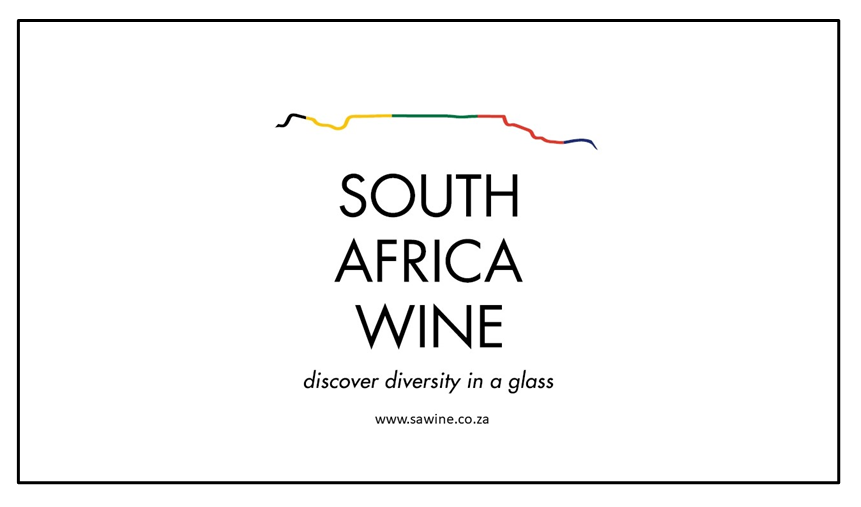Does Full Exposure of Clusters Have Any Negative Effects on Tempranillo (Vitis vinifera L.) Grape Quality in La Rioja, Spain? The Use of Severe Cluster-zone Leaf Removal after Berry Set
Abstract
A three-year experiment comprising severe leaf removal (LR) was carried out on Tempranillo grapes in Logroño, North-central Spain. For the LR treatment, six basal leaves, along with the basal lateral shoots, were removed two weeks after fruit set. Berry total soluble solids (TSS) were examined when the colour began to appear. Grapes from both the LR and control (C) vines were analysed at the same TSS level (≈ 22°Brix). LR advanced the onset of anthocyanin synthesis slightly but significantly. Yield components were not affected by LR and no symptoms of sunburn were observed. Both treatments showed similar juice pH and titratable acidity, although tartaric acid increased with LR while malic acid decreased with it. In spite of failing to increase the final anthocyanin concentration of the grape juice, LR enhanced the colour and body of the wine. These results indicate that a relatively early LR could be a viable way to improve the quality of grapes and wine under the climatic conditions of the Rioja wine region.
Downloads
Copyright (c) 2017 South African Society for Enology and Viticulture

This work is licensed under a Creative Commons Attribution-NonCommercial-NoDerivatives 4.0 International License.
A copyright form will be e-mailed to the corresponding author when the manuscript has been accepted for publication.
In principle, the Author agrees to the following when he/she signes the copyright agreement:
I hereby assign to the SOUTH AFRICAN SOCIETY FOR ENOLOGY AND VITICULTURE (SASEV) the copyright of the text, tables, figures, supplementary material, illustrations and other information (the Material) submitted with the manuscript to be published in SOUTH AFRICAN JOURNAL OF ENOLOGY AND VITICULTURE (SAJEV) (the "Article"). The copyright becomes effective from the date the Article has been accepted for publication in SAJEV.
This is an open access journal, and the authors and journal should be properly acknowledged, when works are cited.
Author's may use the publishers version for teaching purposes, in books, theses, dissertations, conferences and conference papers.
A copy of the authors' publishers version may also be hosted on the following websites:
- Non-commercial personal webpage or blog.
- Institutional webpage.
- Authors Institutional Repository.
The following notice should accompany such a posting on the website: This is an electronic version of an article published in SAJEV, Volume XXX, number XXX, pages XXX - XXX, DOI. Authors should also supply a hyperlink to the original paper or indicate where the original paper (www.journals.ac.za/index.php/sajev/) may be found.
Authors publishers version, affiliated with the Stellenbosch University will be automatically deposited in the University's Institutional Repository SUNScholar.
Articles as a whole, may not be re-published with another journal.
The following license applies:
Attribution CC BY-NC-ND 4.0


